“`html
body { font-family: Arial, sans-serif; }
h1, h2 { color: #333; }
.pros-cons { margin-top: 20px; }
Comparing Traditional Wood vs WPC Co-Extruded Decking
Introduction
Choosing the right material for your deck is a critical decision that can affect both the aesthetics and longevity of your outdoor space. Two popular options are traditional wood and WPC (Wood-Plastic Composite) co-extruded decking. Each material has its own set of advantages and disadvantages. This article aims to provide a comprehensive comparison of these two types of decking materials, focusing on initial cost, aesthetic appeal, resistance to weather conditions, and overall lifespan.
Initial Cost
The initial cost is often a primary consideration when choosing a decking material. Traditional wood is generally less expensive upfront compared to WPC co-extruded decking. For instance, pressure-treated pine can be significantly cheaper than composite materials. However, it’s important to consider the long-term costs associated with maintenance and replacement, which can make wood more expensive over time. On the other hand, while WPC co-extruded decking typically comes at a higher initial cost, its durability and low-maintenance requirements can save money in the long run.
Aesthetic Appeal
When it comes to aesthetic appeal, both traditional wood and WPC co-extruded decking offer unique benefits. Wood decks have a natural beauty that many people find appealing, especially when stained or sealed to enhance their rich tones. However, the appearance of wood can change over time due to exposure to the elements, leading to fading, warping, and discoloration. In contrast, WPC co-extruded decking offers a consistent look that does not fade or warp. The surface of WPC co-extruded decking can also be made to resemble different types of wood, providing flexibility in design without the need for regular maintenance.
Resistance to Weather Conditions
Weather resistance is another crucial factor to consider. Traditional wood decks require regular sealing and staining to protect against moisture, UV rays, and pests. Over time, untreated wood can suffer from rot, mold, and insect damage, reducing its lifespan. In contrast, WPC co-extruded decking is highly resistant to moisture, UV rays, and pests, making it a more durable option for outdoor use. The co-extrusion process adds an extra layer of protection, enhancing the material’s longevity and reducing the need for maintenance.
Overall Lifespan
The overall lifespan of a deck is an essential consideration, as it directly impacts the long-term value and enjoyment of your outdoor space. Traditional wood decks typically last between 10 to 15 years with proper care. However, this can vary widely depending on environmental conditions and the type of wood used. WPC co-extruded decking, on the other hand, can last up to 30 years or more, thanks to its superior resistance to weathering and decay. This extended lifespan makes WPC co-extruded decking a more cost-effective choice in the long term.
“`
This HTML document provides a structured comparison of traditional wood and WPC co-extruded decking, covering key aspects like initial cost, aesthetic appeal, weather resistance, and overall lifespan. It is designed to be published directly as a blog post, with SEO-friendly keywords naturally integrated into the text.
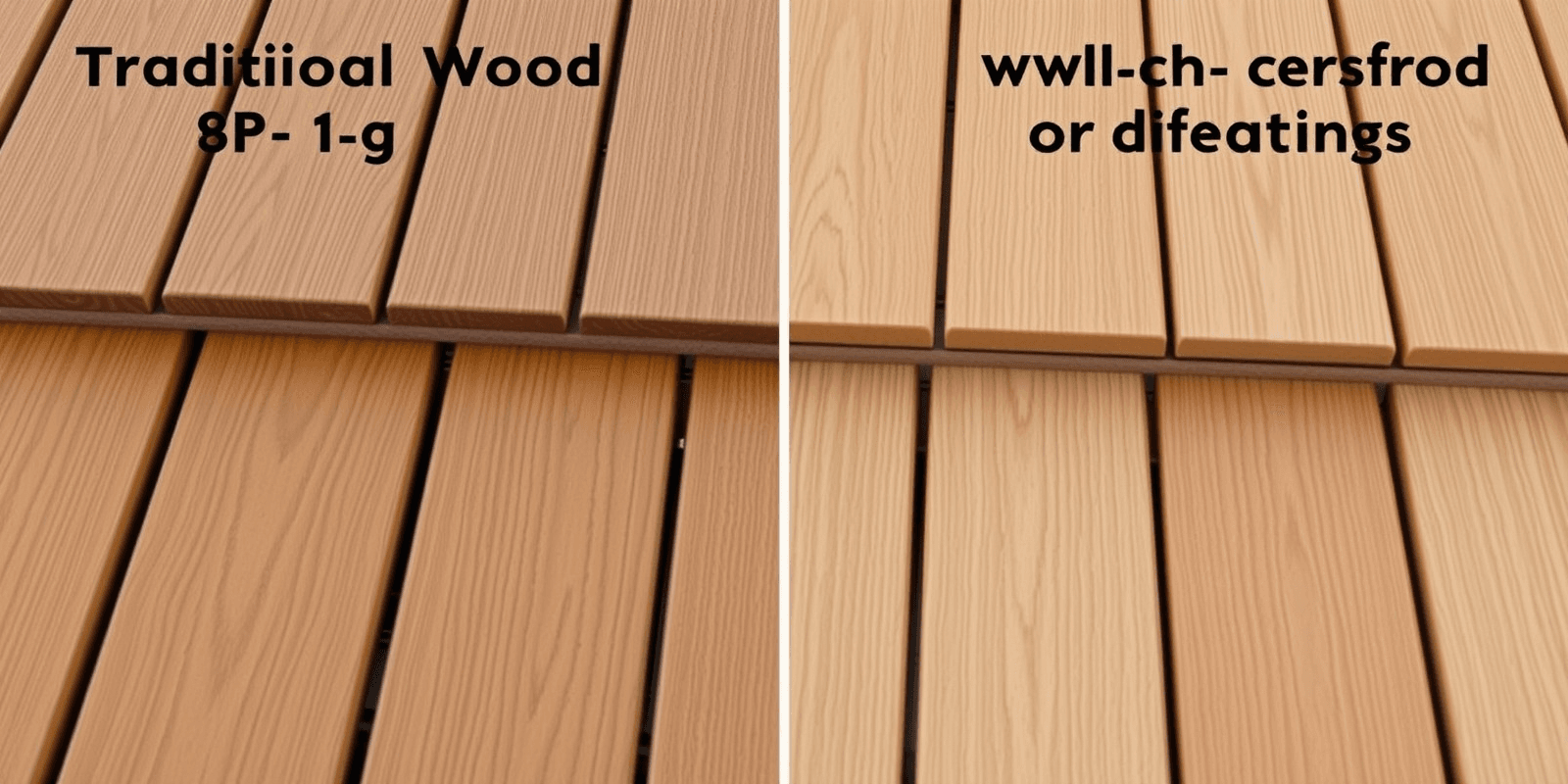
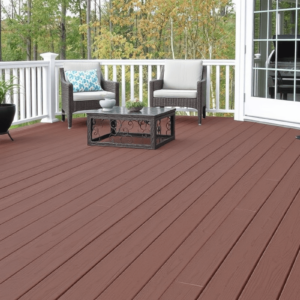
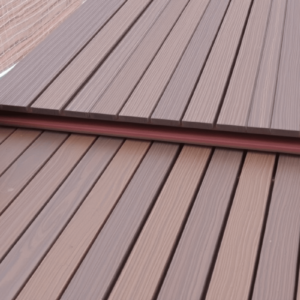
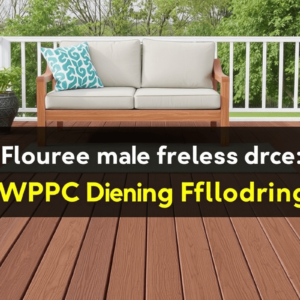
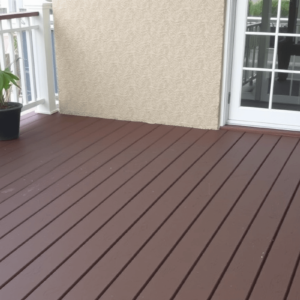
Reviews
There are no reviews yet.